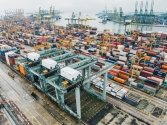
Analysts are disappointed with India's budget for the renewable energy sector
Players were hoping for a reversal of tax benefits.
Overall, India’s 2017-18 budget is a disappointment for renewable energy sector. There were no major subsidies or incentives announced, according to Mercom Capital Group.
There had been hope that reduction in accelerated depreciation and the expiration of 80-IA tax benefits (the two important incentives for the sector) would be reversed, but that did not happen.
While the Ministry of New and Renewable Energy (MNRE) has been coming out with new subsidies to spur rooftop installations, the budget basically thwarts the momentum in rooftop by reducing accelerated depreciation and tax benefits. The budget did confirm a solar park installation target increase from 20 GW to 40 GW which is needed as rooftop installations are not expected to reach the 40 GW target.
Here's more from Mercom Capital Group:
The budget proposes a second phase of solar park development for an additional 20 GW which would bring the installation target for solar parks to 40 GW. Accelerated depreciation will be limited to 40 percent from April 1, 2017, down from the current 80 percent.
The 10-year income tax holiday under section 80-IA was not reinstated and will end on March 31, 2017. Budgetary allocation for MNRE has been increased by 9 percent to Rs.54.73 billion (~$809.93 million).
Close to 7,000 railway stations across the country are expected to be powered by solar energy in the next five years and 2,000 railway stations will join a 1,000 MW solar mission.
To develop India into a global hub ecosystem for electronics manufacturing, a provision of Rs.7.45 billion (~$109.86 million) in 2017-18 in incentive programs like Modified Special Incentive Package Scheme and Electronic Development Fund (EDF) has been provided. Solar manufacturing will fall under this program and will hopefully benefit.
Income tax for Micro Small and Medium Enterprise companies with annual revenues of up to Rs.500 million (~$7.37 million) has been reduced to 25 percent which is expected to benefit smaller renewable companies.
The 5 percent basic customs duty (BCD) on solar tempered glass has been removed. The countervailing duty (CVD) on parts/raw materials used in the manufacturing of solar tempered glass for use in PV cells/modules, solar power generating equipment/systems, flat plate solar collector, solar photovoltaic module and panel for water pumping and other applications, has been reduced to 6 percent from 12.5 percent.
The BCD for Resin and catalyst for use in the manufacture of cast components for Wind Operated Energy Generators (WOEG), has been reduced to 5 percent from earlier 7.5 percent.
The BCD for all items of machinery required for balance of systems operating on biogas/bio-methane/by-product hydrogen, has been reduced to 5 percent.
Budgetary allocation of Rs.106.35 billion (~$1.57 billion) has been made for Integrated Power Development program, for strengthening urban electricity supply and Deen Dayal Upadhyaya Gram Jyoti Yojna, a village electrification program, from the earlier Rs.78.7 billion (~$1.16 billion).
The railway stations of Delhi and Jaipur will have Solid Waste Management Projects on their premises.


















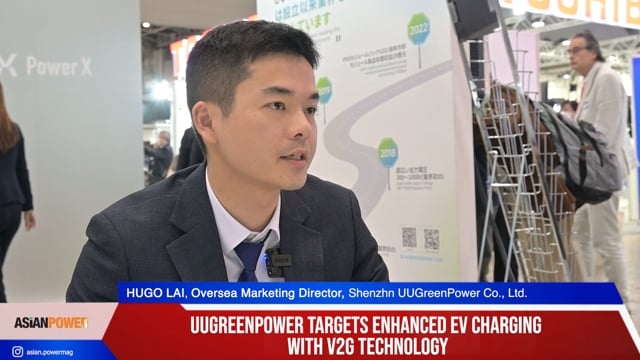
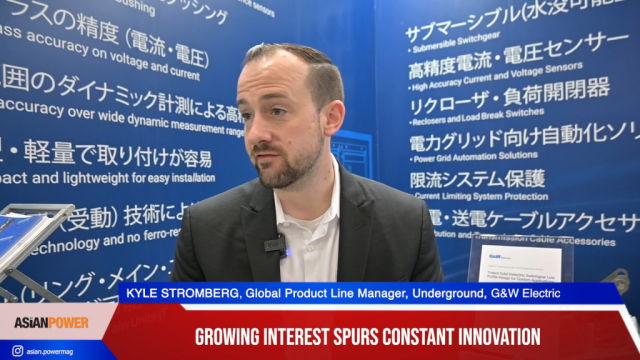
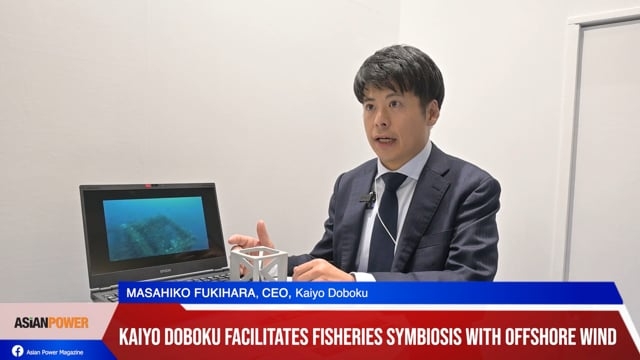
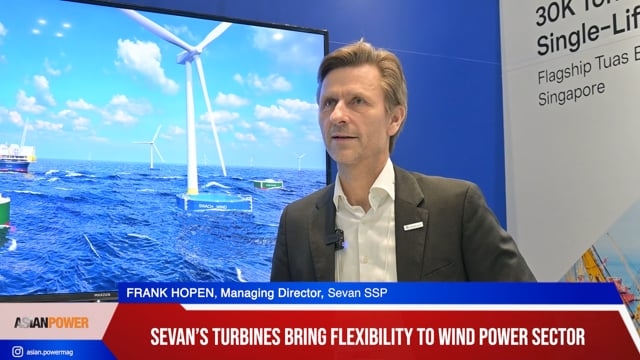

 Advertise
Advertise
